

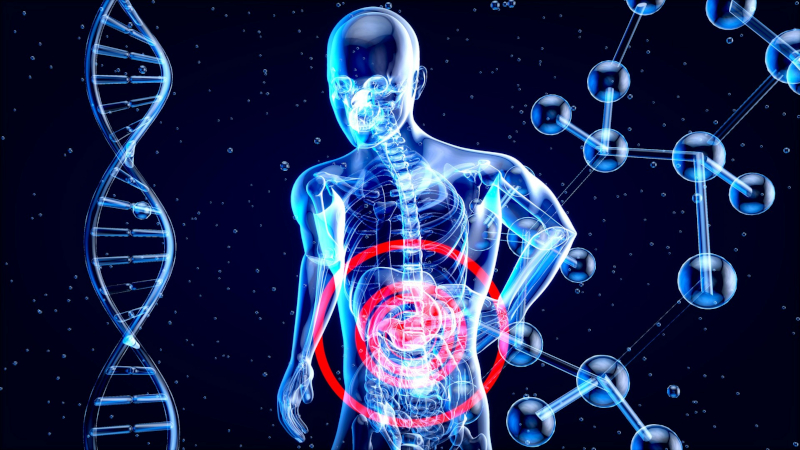
Study shows that the liver receives and sends a series of metabolism-related products derived from the gut microbiome to the heart.
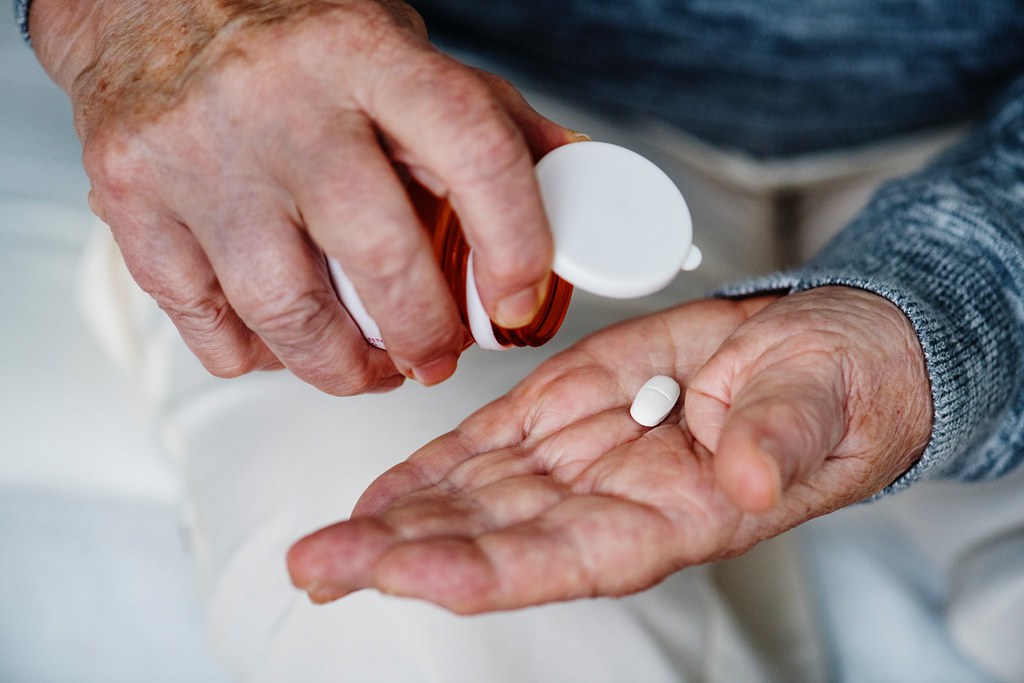
Work carried out at the State University of Campinas used environmentally friendly solvents and ultrasonic waves to remove the substance and increase its absorption by the body.
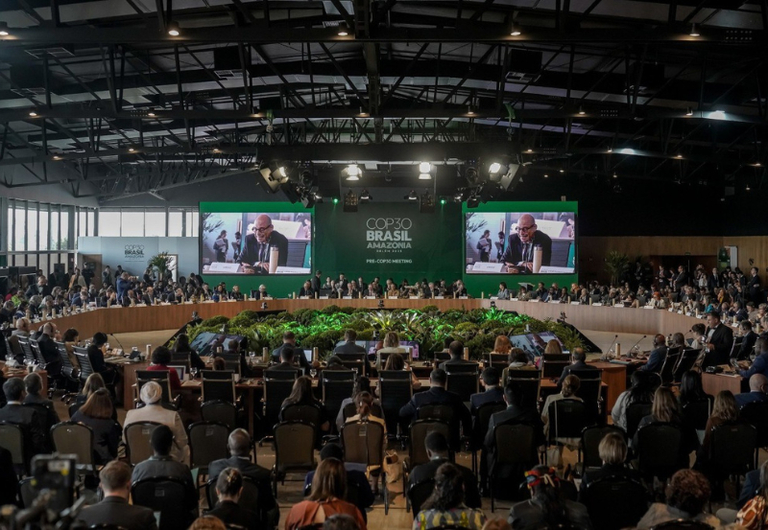
In an article published in a scientific journal, the group emphasizes that Brazil must align its domestic policies with international commitments.

In an article published in a scientific journal, the group emphasizes that Brazil must align its domestic policies with international commitments.
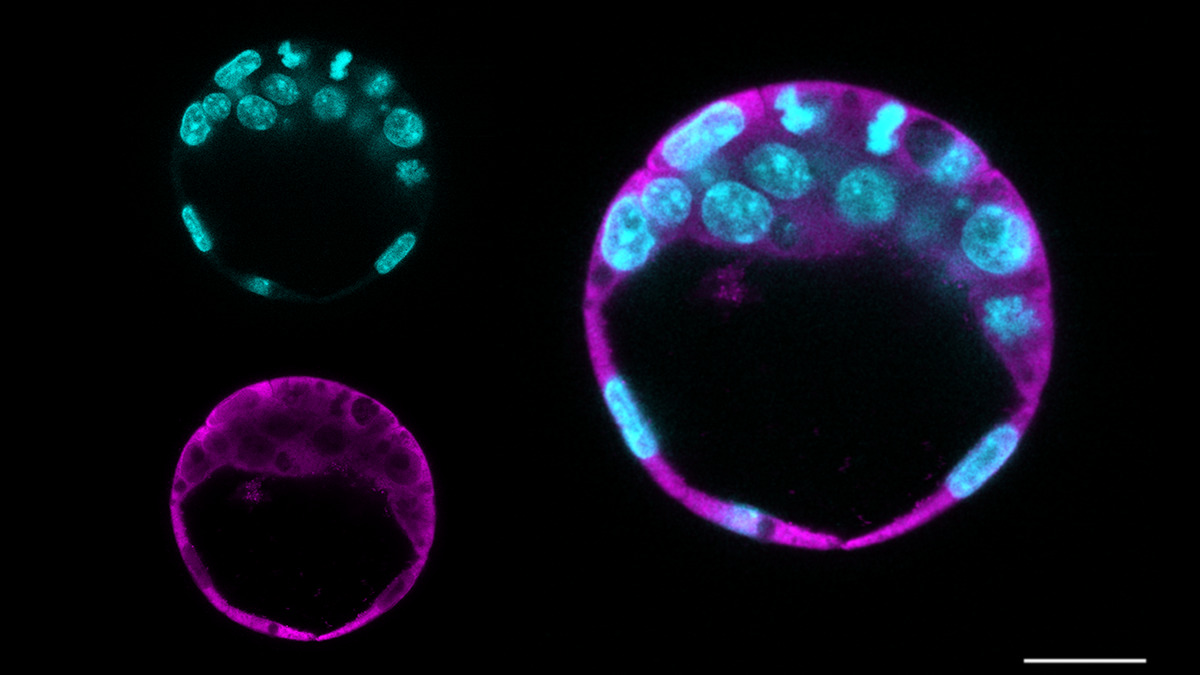
Led by scientists from the University of São Paulo, the studies help clarify the roles of STIP1 and Maspin in vital cell processes and pave the way for advances related to cancer and applications in regenerative medicine.

Led by scientists from the University of São Paulo, the studies help clarify the roles of STIP1 and Maspin in vital cell processes and pave the way for advances related to cancer and applications in regenerative medicine.
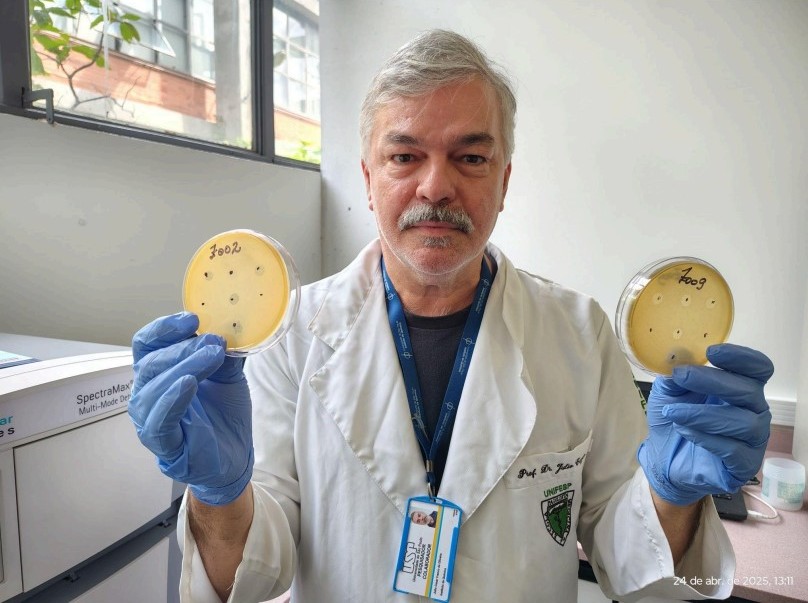
Bacteriophages, or phages for short, can kill bacteria and may be used to combat hospital infections and food contamination.
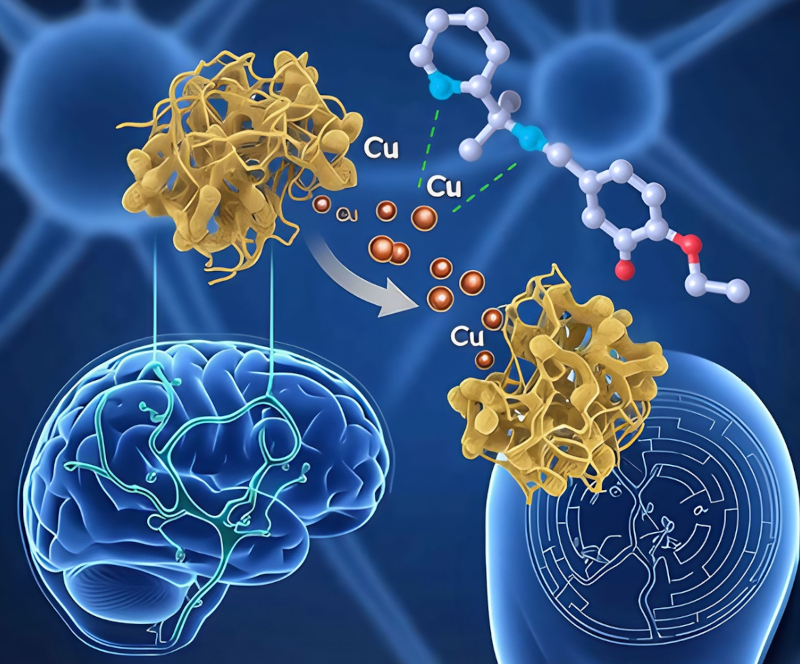
A group from the Federal University of the ABC tested the substance on rats and obtained positive results. The group is now seeking partnerships with pharmaceutical companies to conduct clinical trials.

An analysis of 70 plastic children’s products sold in Brazil revealed chemical contamination in most samples, with levels up to 15 times higher than permitted. Barium, lead, chromium, and antimony were the most commonly found toxic elements.
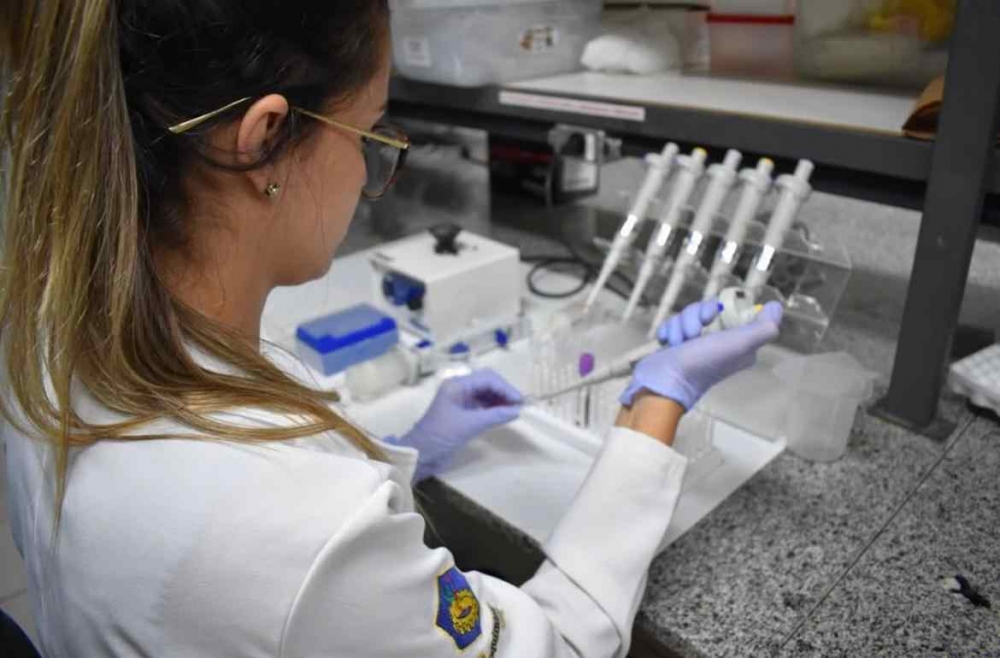
The formulation seeks to block the transmission of canine visceral leishmaniasis in order to protect both animals and humans.
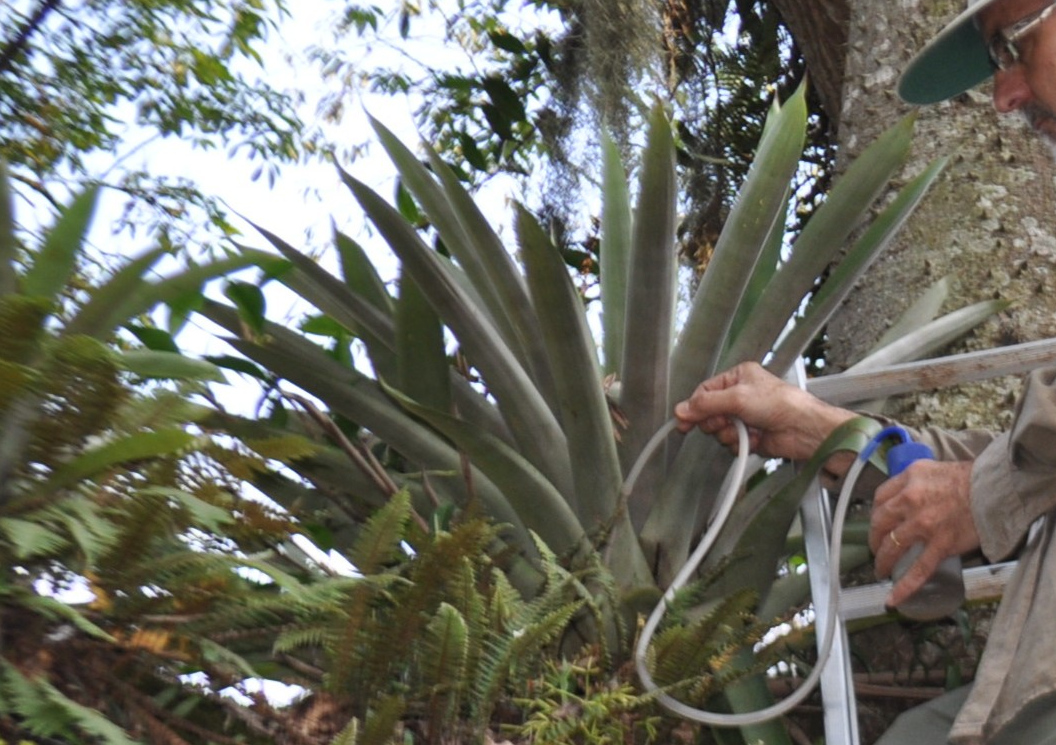
Results from a study conducted in a natural area in the municipality of São Paulo (Brazil) may help estimate the effects of climate change on disease transmission risk in the biome.
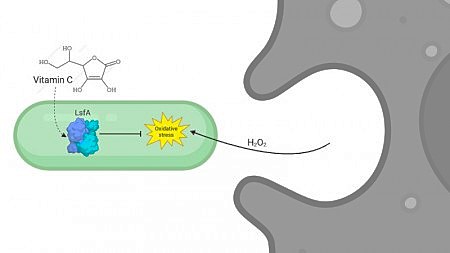
Findings contribute to the search for new targets against hospital infections.

With COP30 in Belém approaching, the ideas of the former French Minister of Justice are gaining momentum, inviting us to rethink multilateralism and the structure of the institutions that shape the world.
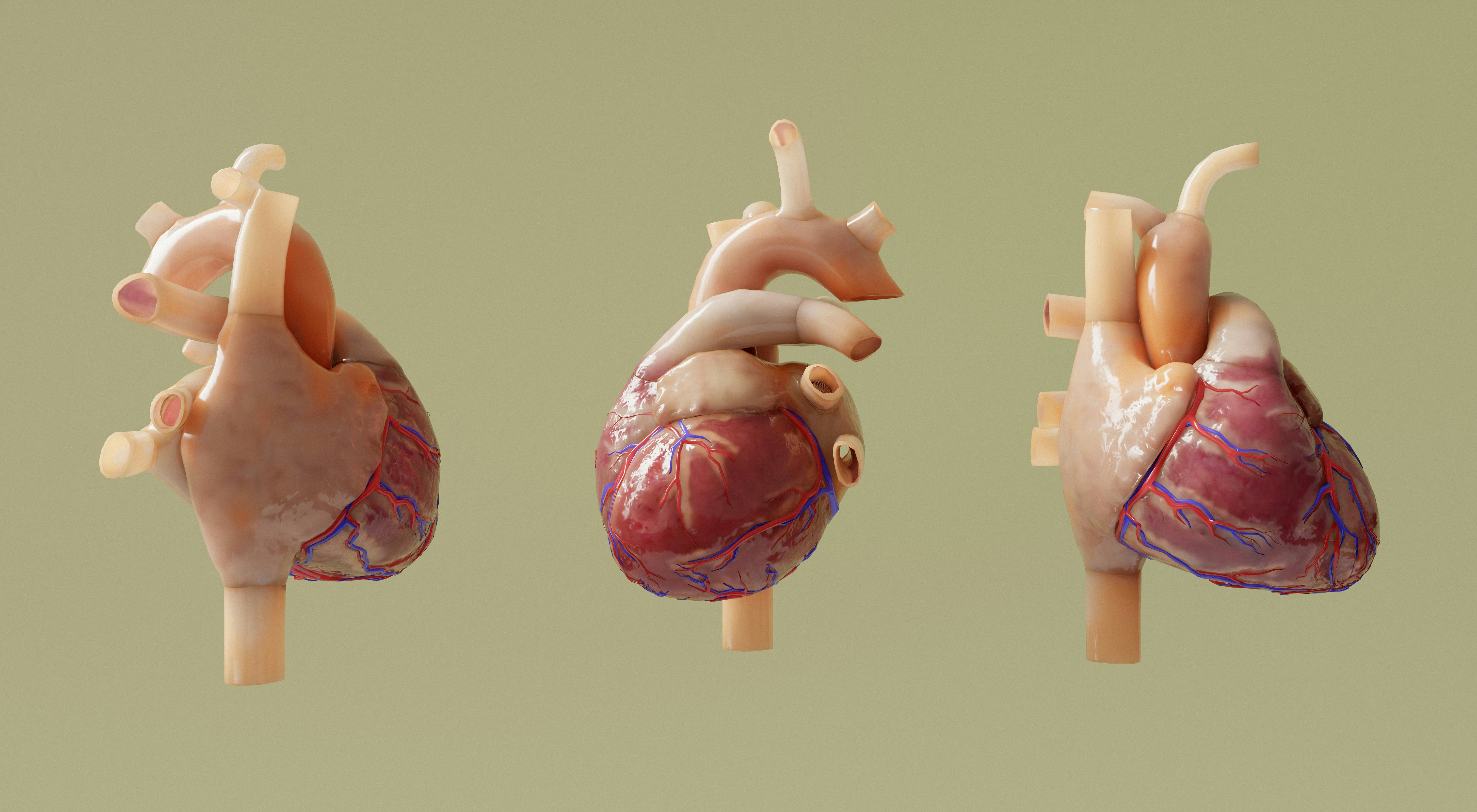
A three-year study of 77 people showed that analyzing myocardial deformation during contraction can predict the risk of death.
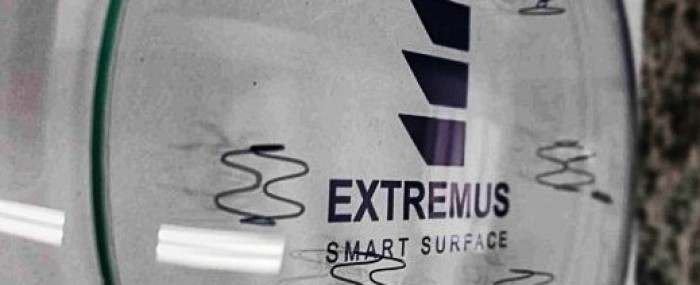
Technology created by a startup supported by FAPESP accelerates patient recovery and improves biological integration.
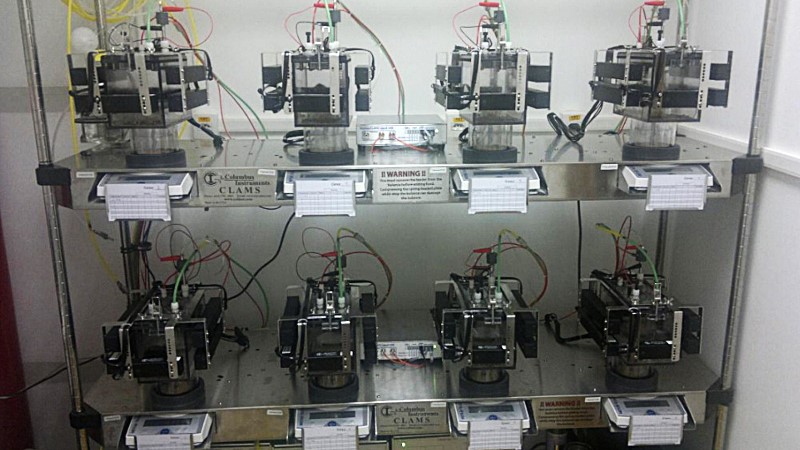
Standardization opens up possibilities for developing preclinical trials of new drug classes that focus on calorie burning.
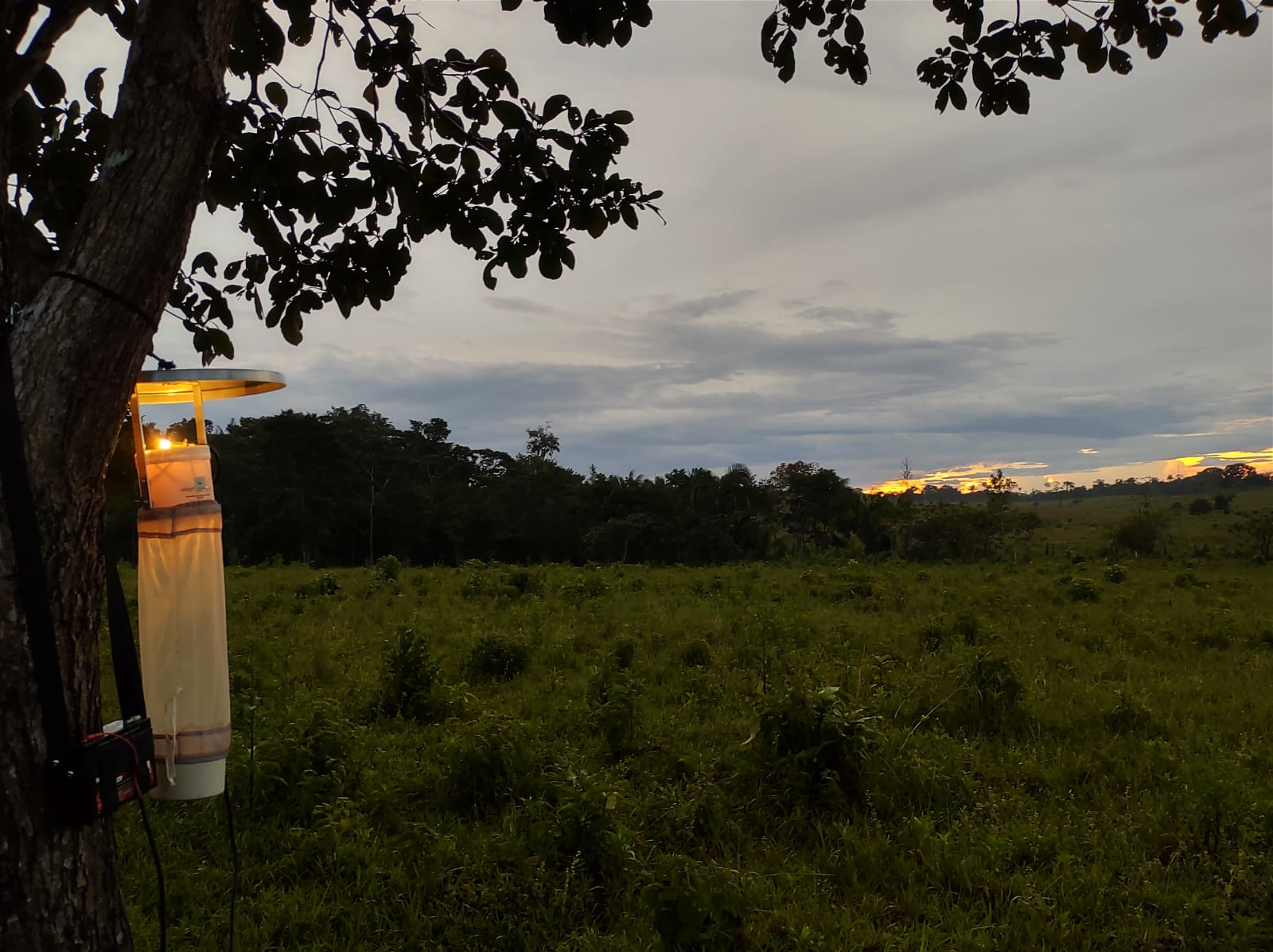
Research shows that areas with 50% deforestation near residential areas or fragmented vegetation allow greater contact between mosquitoes and humans. Amid the discussions for COP30, the study helps us understand the link between forest destruction and the spread of the disease.
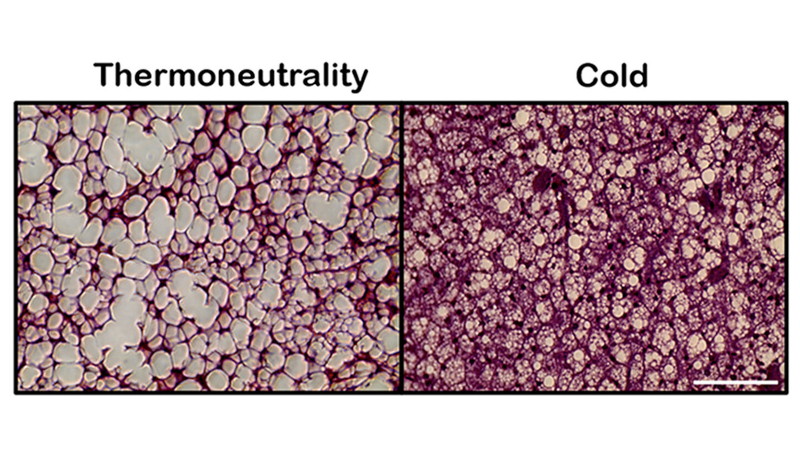
Research conducted by Redoxoma, a FAPESP Research, Innovation, and Dissemination Center, found that mitochondrial potassium channels regulate heat production in brown adipose tissue.

In the nearly three years since its creation, the Fish for Health Research Center has achieved significant results in understanding the nutritional value and consumption habits of fish in the state of São Paulo, received new investments, and is preparing to expand its network of associated researchers.
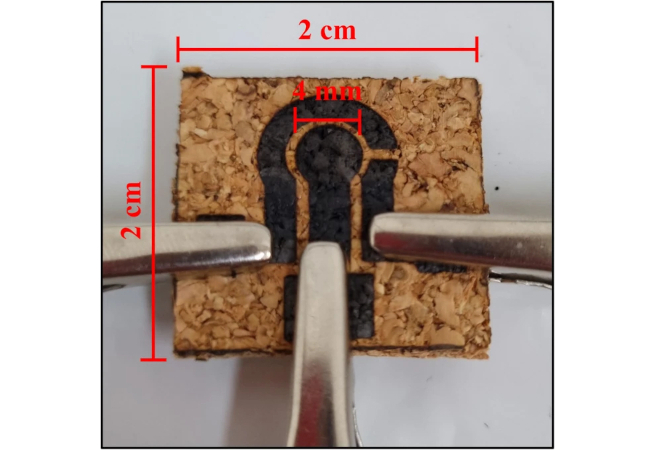
Sodium nitrate is used as a preservative and to add color to products such as ham and sausages, but is potentially carcinogenic and cannot be applied in beverages; researchers at the Federal University of São Carlos used pieces of cork and lasers to develop a sensor.

The substance is essential for the survival of microbes in extreme environments and has been shown to have antioxidant, emulsifying, and stabilizing properties.
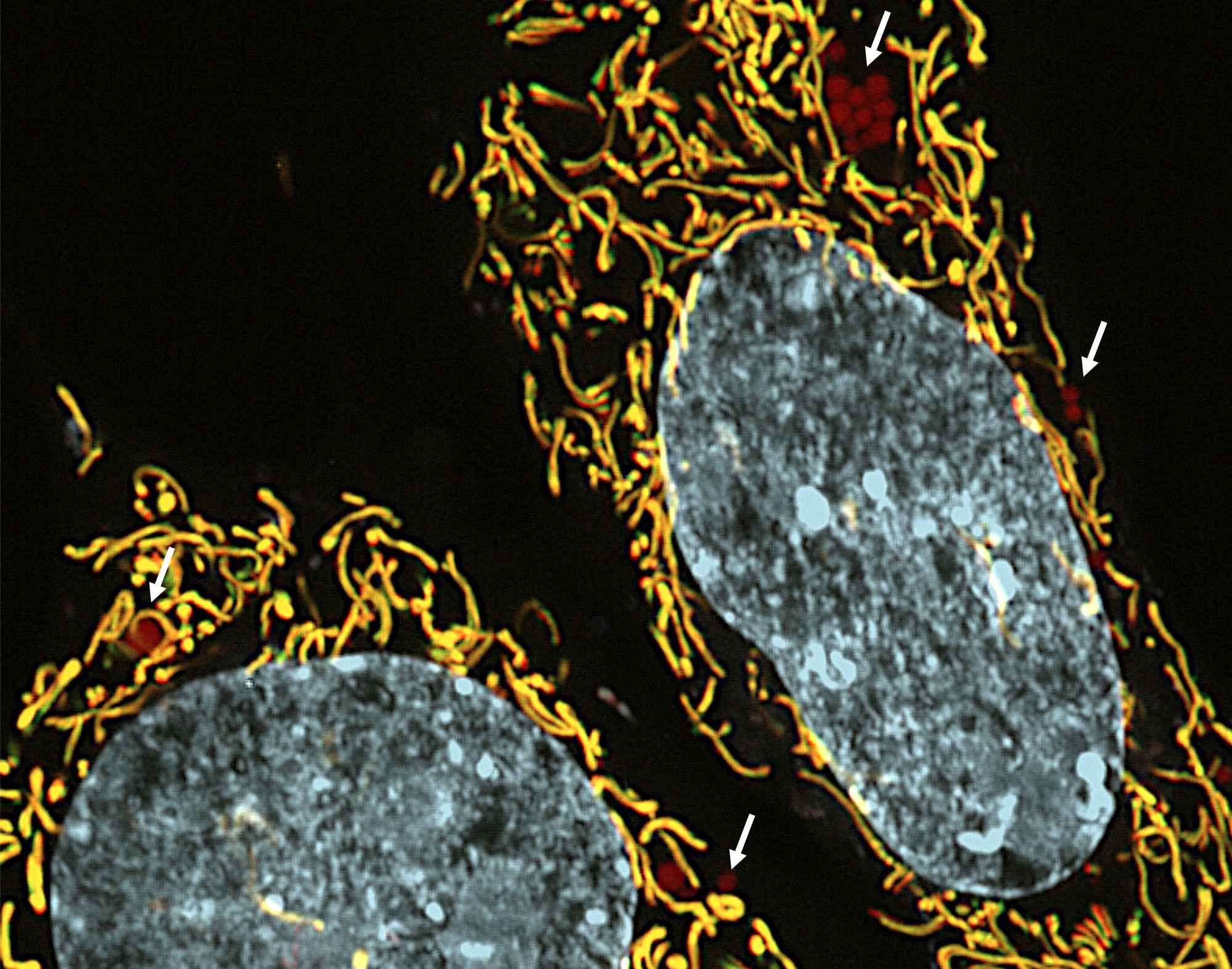
A study published in Science and involving a Brazilian researcher unveils a cellular mechanism involved in transmitting mutations in mitochondrial DNA. These mutations can cause serious, incurable diseases.
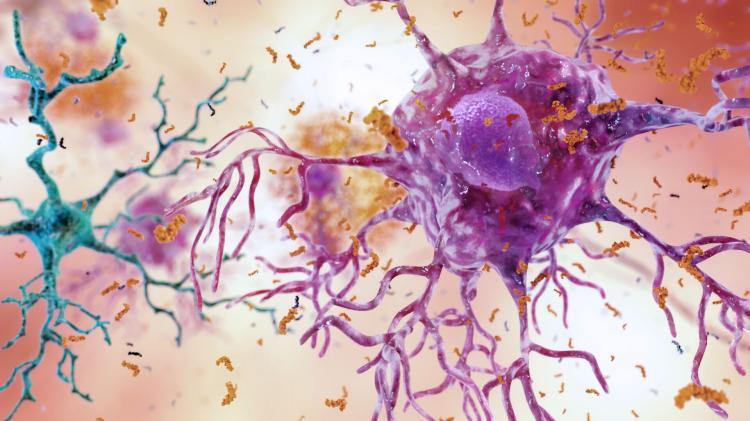
In tests with rodents, researchers observed that the immune system attempts to mitigate damage to the hypothalamus caused by food, which can lead to obesity in the long term. Animals whose migration of these cells was inhibited experienced greater weight gain, increased fat accumulation, and worsened metabolic markers.

In an article published in the journal Scientific Reports, an international team of researchers describes how the defense cells of older adults with a history of endurance training are more effective against inflammation.
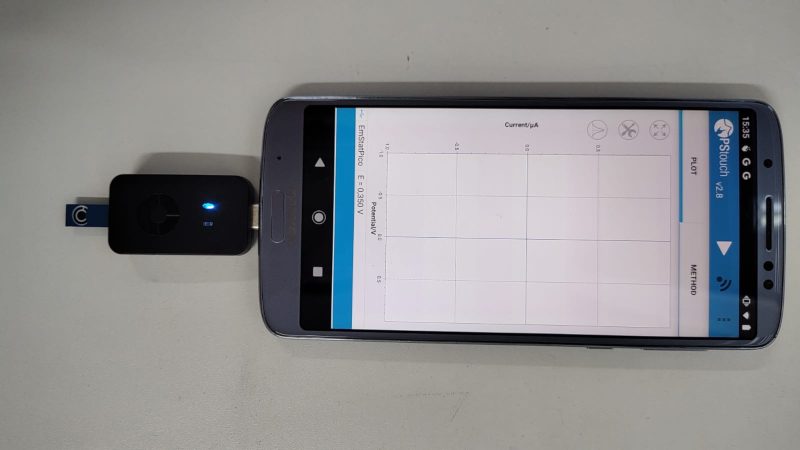
Researchers develop technology that identifies highly potent and dangerous psychoactive substances. The device can be used in emergency medical facilities and to help inform users and reduce the harm associated with consumption.